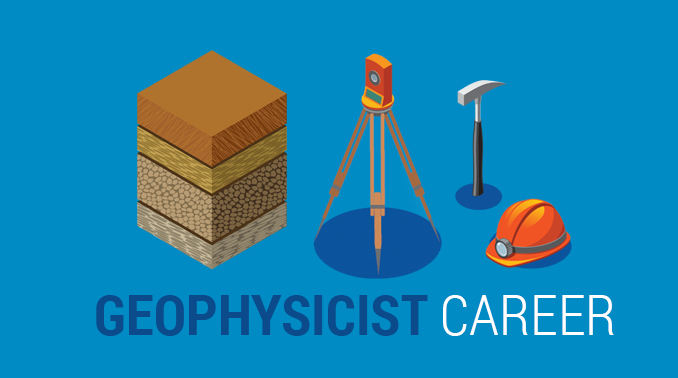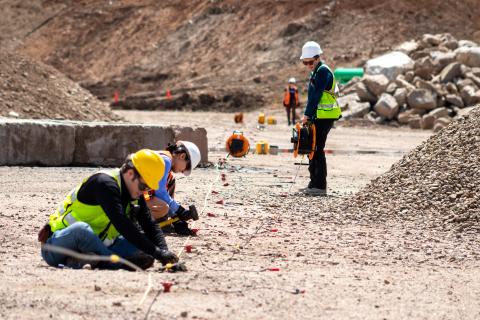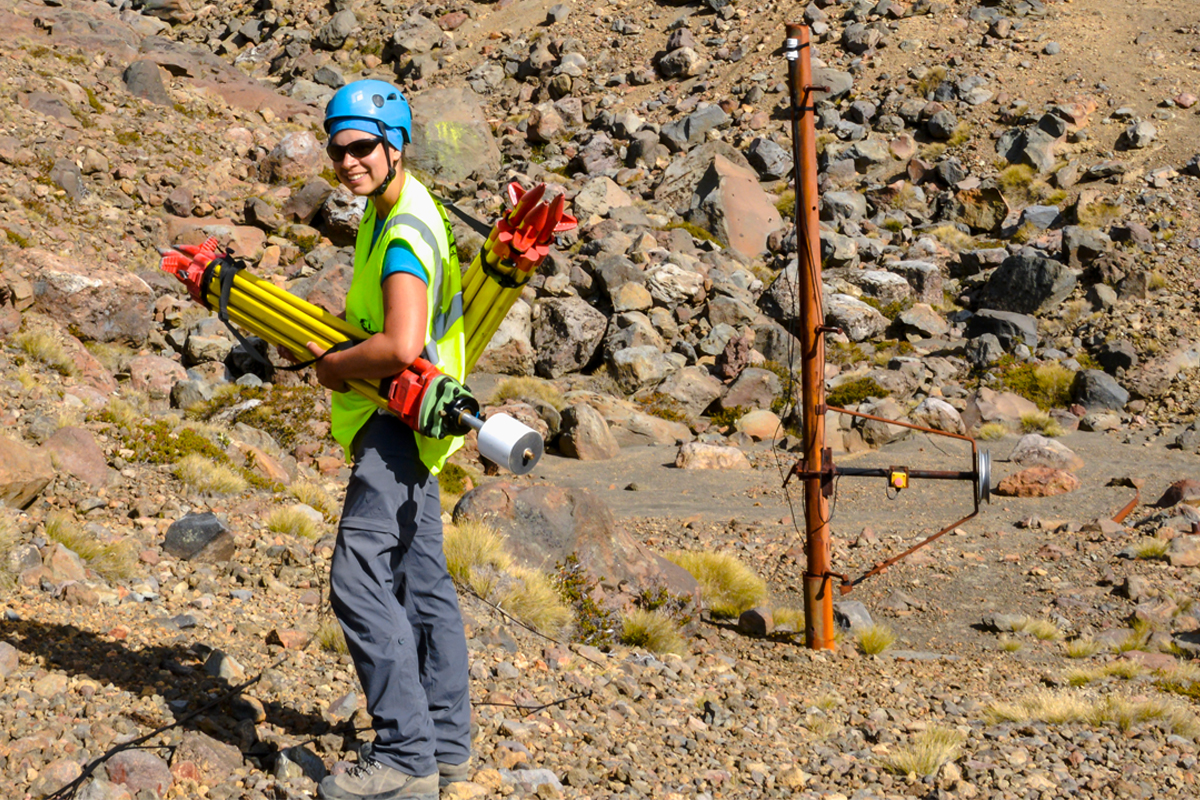All Categories
Featured
Table of Contents
What Does A Geophysical Data Technician Do? in Quinns Rocks Oz 2020
This work is increasingly contracted out, so consultancies offer another source of employment. Consultancy companies vary in size, from extremely little companies to big multinationals. Some consultancies are rather specialised in using particular geophysical methods or operating in specific places, while others use a more diverse variety of services to their clients.
The extraction of gas from garbage dump websites is another area of work and this may grow in the future. Expedition companies might carry out work for building companies, public utility, mining business and environmental firms, so geophysicists might be utilized in any of these settings. Other employers consist of: geological surveysgovernment bodies and agenciesuniversities and research institutes.


Jobs may be listed in the oil and gas sector press. Recruitment is affected by oil rate variations and the level of competition for positions varies depending upon this. Careers Days, which cover the full variety of geoscience careers and are generally participated in by a number of crucial industry companies, are run by The Geological Society.
Careers In Geology And Geophysics in Noranda Oz 2021
Some of the large oil and gas companies use a complete two-year structured training program throughout the breadth of geophysics, including the opportunity to experience work in different groups before specialising in one location. Your training might consist of deal with: existing wellsmagnetic and gravitational prospective field information analysisresearchrock analysis. Nevertheless, it's more typical for your initial training to be supplied on the task.

There might be a probationary duration during which you work along with an experienced coworker. Competency-based appraisals happen regularly in most firms. In smaller sized companies, and for academic posts, there is unlikely to be any formal training - you'll be anticipated to begin work straightaway and get abilities as you go along.
If you work for a smaller sized business, you might discover that you need to take duty for arranging and funding your own advancement and training. If you have a geology degree, subscription of The Geological Society can be helpful for networking and for maintaining to date with the market.
Careers In Geology And Geophysics in Bayswater Australia 2023
You might also find it useful to sign up with the PESGB (The Petroleum Exploration Society of Great Britain, which has a geophysics special interest group. After a probationary duration, and once you have actually gotten some experience, you might advance to senior geophysicist, then team leader and then into a senior role in management.
The ease of movement between roles depends on the business structure. Study at Masters or Ph, D level in a subject related to geophysics or geosciences may aid with your career development and progression. The employment market within the oil and gas industry is extremely based on cost and this may impact your chances for career progression.
For experienced geophysicists, freelance consultancy provides a great path for career advancement. As a geophysicist, you're likely to have several jobs throughout your working life.
Geophysical Services in Mt Helena Aus 2022
From geophysics, it's possible to concentrate on seismology (finishing more training to end up being a seismic interpreter) or to move into associated locations such as engineering geology or threat prediction.
Deciding what to study in college is a tough option. Even if you know that your field of interest lies in science, what program of study is ideal for you?
The first step to achieving your goal of ending up being a geophysicist is earning a degree. Even for entry-level positions in the field of geoscience, you'll need a bachelor's degree (a geophysicist college degree) from a certified college or university. Some research positions require prospects to hold master's degrees and even Ph.
Geophysical Survey Definition in Casaurina WA 2022
Doctoral degrees are especially important if you plan to teach at a four-year institution. Geophysicists apply physics ideas and techniques to study the gravitational, magnetic, and electrical fields of the earth. This enhances researchers' knowledge of both the planet's interior core and its surface area. Geophysicists must be able to: evaluate rocks, photos, and other pieces of information conduct research study both in the field and in labs produce maps and charts of their findings write reports To achieve all this, trainees require a specialized education for geophysicist careers.
As stated above, you'll need a bachelor's degree in geoscience or a related discipline, such as a physical science or a life sciences, to land an entry-level task. But trainees can likewise prepare by learning subjects like: Biology Chemistry Computer technology Engineering Mathematics Physics The above geophysicist majors provide a more generalized approach to a single clinical discipline, but the majority of programs need trainees to take several geology course.
Latest Posts
What Is Geophysics And What Do Geophysicists Do? in Sinagra Australia 2023
Geophysics in Beckenham Western Australia 2022
Geophysical Survey - An Overview in West Perth Oz 2020